Introduction
Brass ball valves have been a trusted choice for fluid flow control in various industries for decades. Their durability, corrosion resistance, and ease of operation make them a preferred choice for applications ranging from plumbing to industrial fluid systems. This definitive guide aims to provide a comprehensive overview of brass ball valves, highlighting their unique features, applications, and maintenance requirements.
What is a Brass Ball Valve?
A brass ball valve is a quarter-turn valve that utilizes a perforated brass ball as the flow control element. The ball has a hole or passage that aligns with the valve’s inlet and outlet ports when the valve is open, allowing fluid to flow freely. When the valve is closed, the ball rotates 90 degrees, blocking the flow path. Brass, as a material, offers excellent corrosion resistance and durability, making it suitable for demanding environments.
Key Features of Brass Ball Valves
- Corrosion Resistance: Brass is resistant to corrosion from various chemicals and fluids, ensuring long-lasting performance.
- Durability: Brass ball valves are designed to withstand high pressures and temperatures, ensuring reliable operation.
- Ease of Operation: The quarter-turn design allows for quick and easy opening and closing of the valve.
- Leak-Tight Seal: The valve’s seat and ball provide a leak-tight seal, preventing fluid loss.
Applications of Brass Ball Valves
- Plumbing Systems: Brass ball valves are commonly used in plumbing systems for controlling water flow.
- Heating and Cooling Systems: They are also suitable for regulating the flow of hot and cold fluids in heating and cooling systems.
- Industrial Fluid Systems: Brass ball valves are used in various industrial fluid systems, including oil, gas, and chemical processing.
Maintenance of Brass Ball Valves
Proper maintenance is crucial for ensuring the long-term performance of brass ball valves. Regular inspection and cleaning of the valve’s internal components, such as the ball and seat, are recommended. Additionally, lubricating the valve’s stem and other moving parts can help reduce wear and ensure smooth operation.
Conclusion
Brass ball valves offer a reliable and durable solution for fluid flow control in various applications. Their corrosion resistance, durability, and ease of operation make them a preferred choice for demanding environments. With proper maintenance, brass ball valves can provide years of trouble-free service.

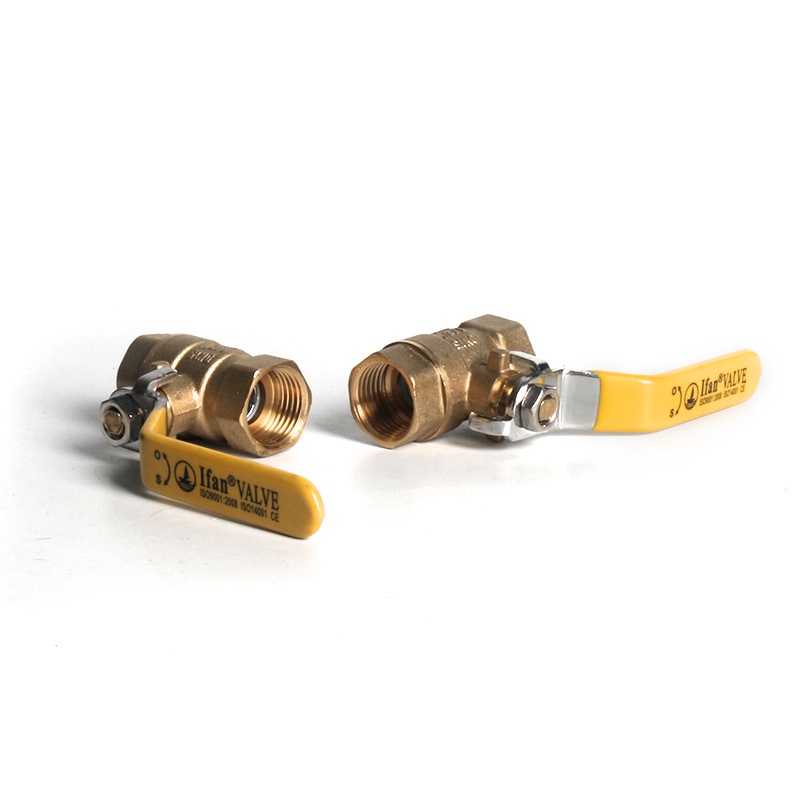
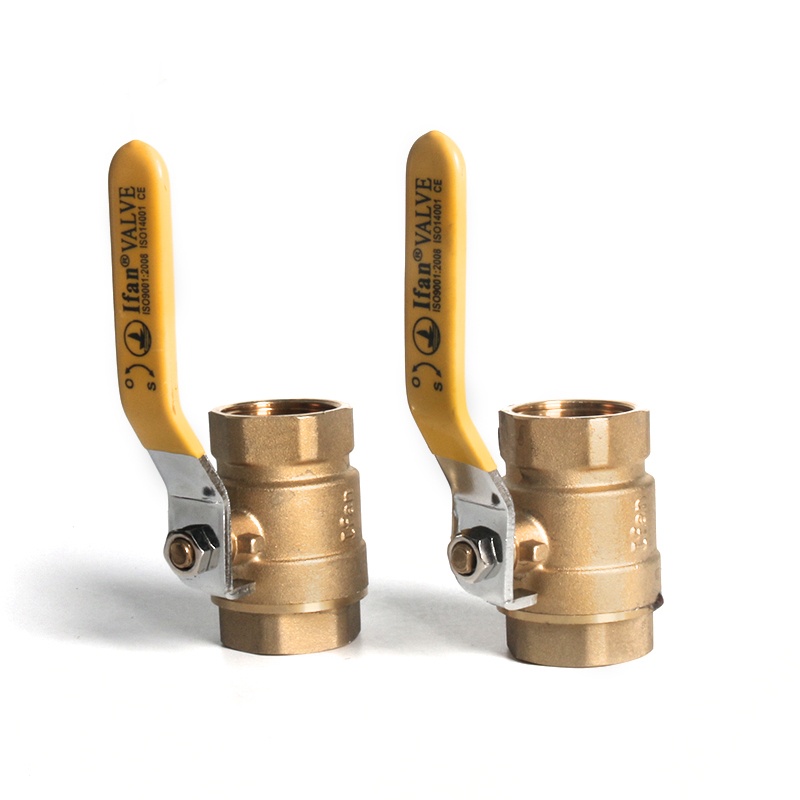
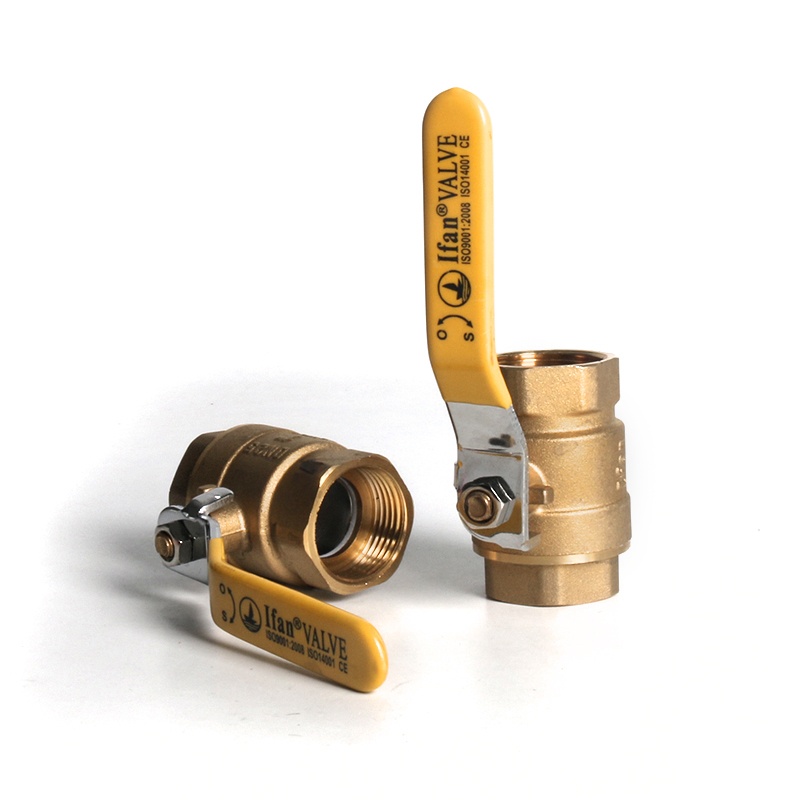
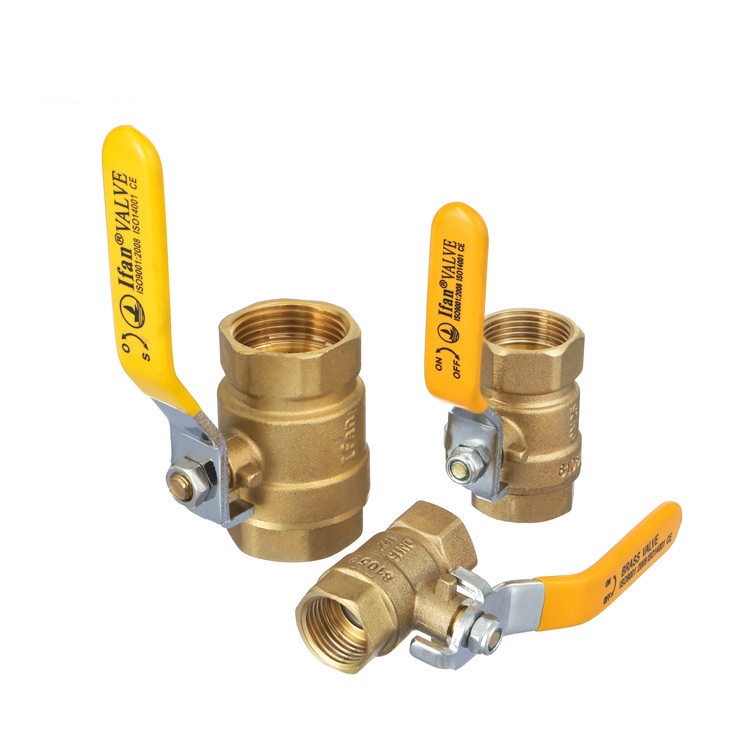
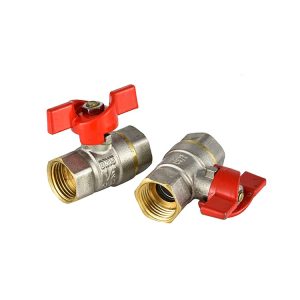
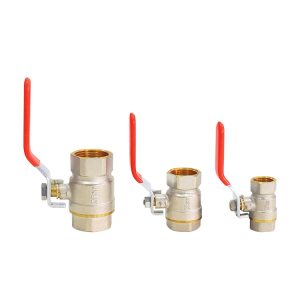
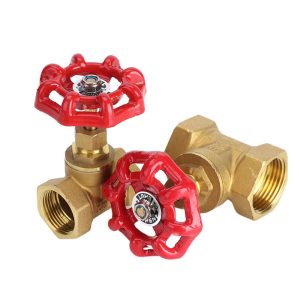
Reviews
There are no reviews yet.